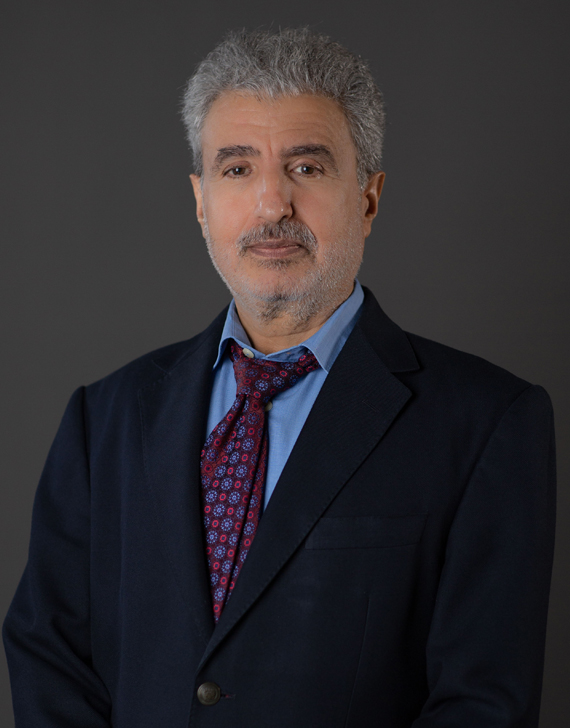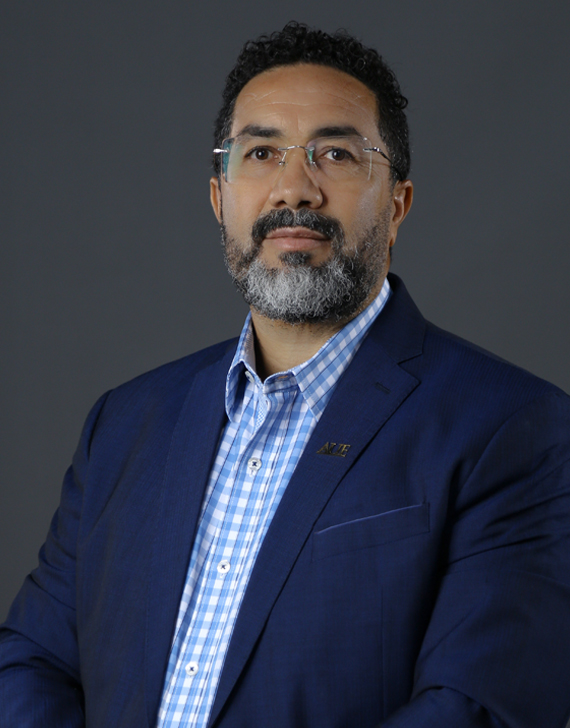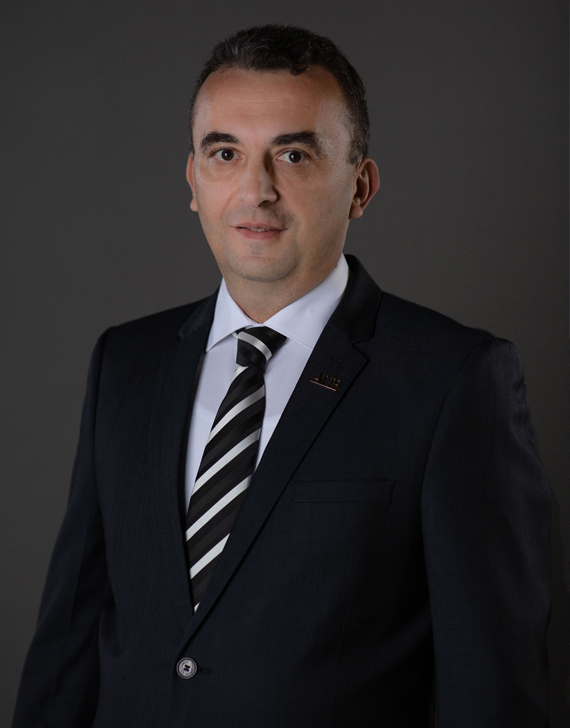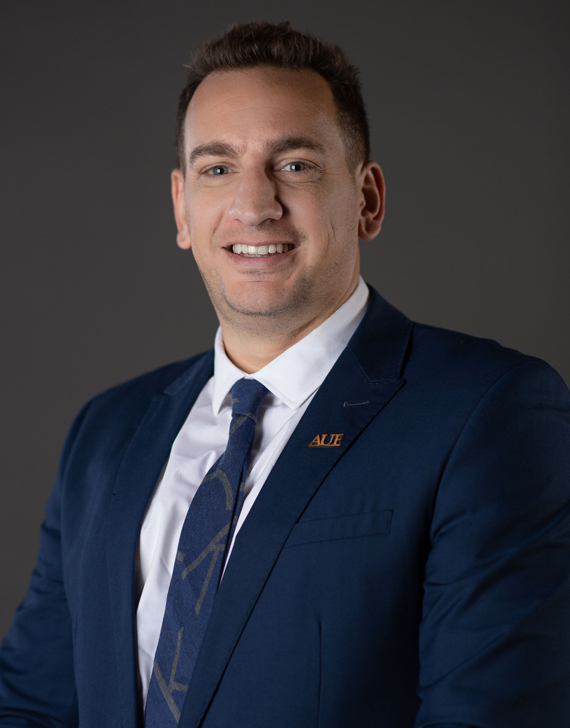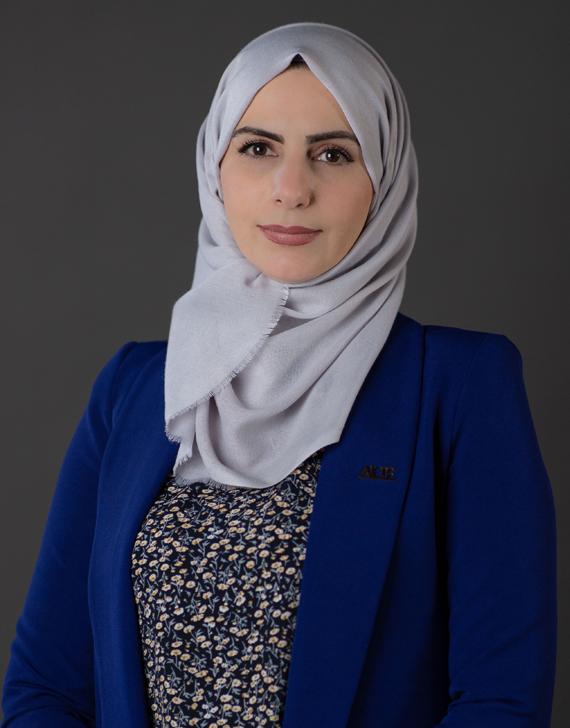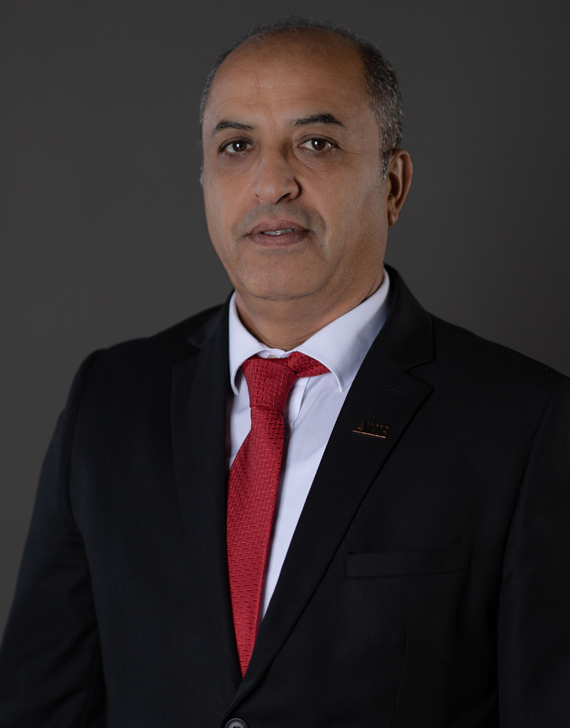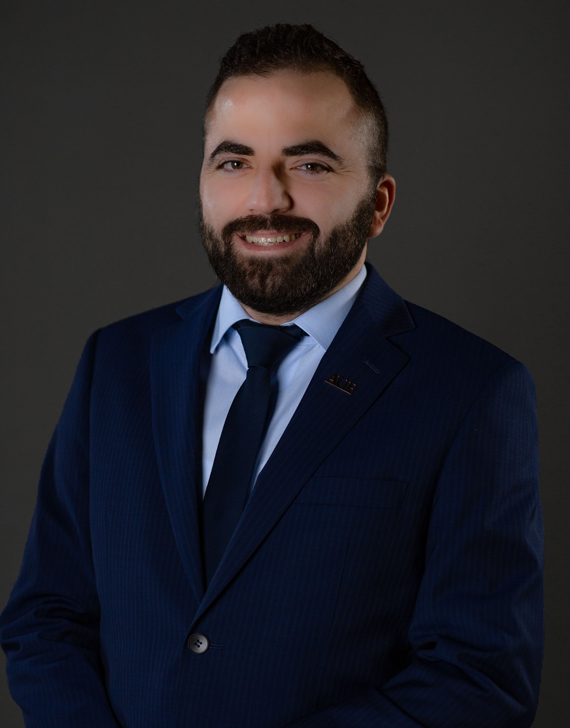
- Overview
- Program Structure
- Accreditations
- Faculty
- Admission
-
Duration
2 Years
-
Classes
Weekday Morning Weekday Evening
-
Fees
Tuition (One Semester) ……… Approx. 30,000 AED
One academic year is two semesters
Admission (One Time) ……… 3,500 AED
About Program
Combine your passion for sports with business acumen and dive into the dynamic realm of sports management with our Master of Sports Management program. Gain a deep understanding of sports marketing, event management, athlete representation and sports governance. Whether you aspire to work for professional sports organizations, manage sports facilities, or spearhead marketing campaigns for sports brands, this program equips you with the expertise to thrive in an exhilarating and highly-specialized field. Follow your passion, elevate your career, and leave an indelible mark on the world of sports.
Program Goals
- Build and sustain relationships with public and private, local, regional, and international sport organizations
- Integrate practical, applied experiences and activities into every element of the curriculum.
- Cultivate and nurture continuous learning opportunities for the local and regional sport industry.
- Engage in scholarly and industry research collaboration to advance knowledge and build overall sport industry capacity in the MENA region.
Program Learning Outcomes
- Integrate theoretical knowledge with practical skills across sport management functional competency areas
- Demonstrate critical thinking by evaluating the economic, ethical, social and legal impacts of sport management decisions and issues.
- Demonstrate professional written, oral, and technical communication skills.
- Conduct academic and professional research; i.e. collect, evaluate, analyze, and interpret data
- Evaluate key similarities and differences across diverse regional and global sport management contexts and collaborate with diverse individuals across various sport organizations.
Program Structure
Course Category
Bridging Courses
Core Courses
Elective Courses
Thesis 1
Thesis 2
Total (Excluding Bridging Courses)
Total Number of Courses
5
7
2
1
1
Total Number of Credit Hours
10
21
6
3
3
33 Credit Hours
- Bridging Courses
- Core Courses
- Elective Courses
- Thesis
The course explains the sport governing and policymaking bodies in detail including recreational sport, amateur athletics, Olympic and professional sport. The course highlights the sport governance and policymaking processes in GCC countries.
Recommended Study Plan
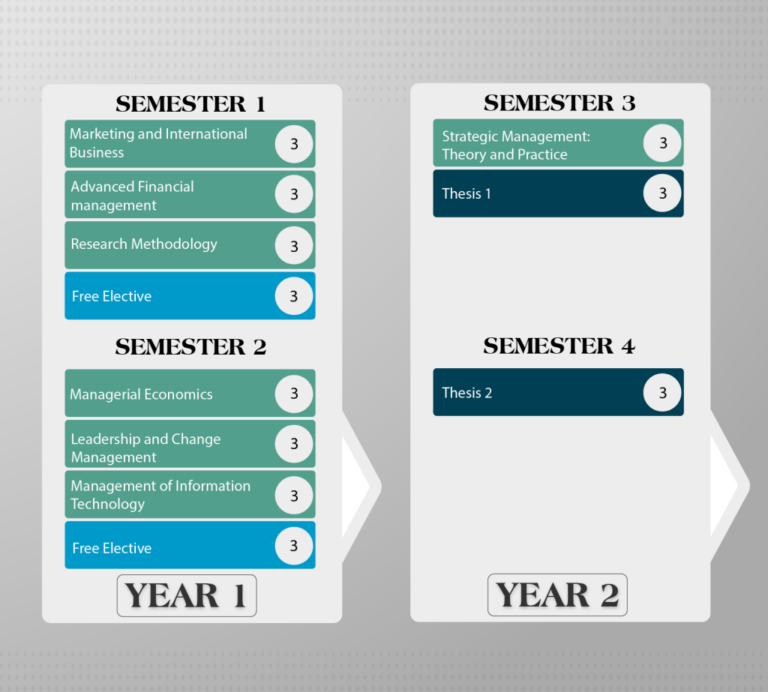
Accreditations
The American University in the Emirates is licensed by the UAE Ministry of Education – Commission for Academic Accreditation | caa.ae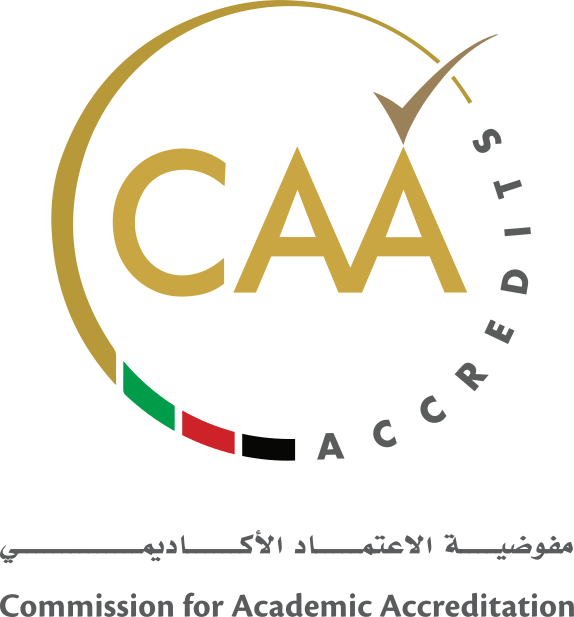

Prof. Asma Salman
Professor / Dean

Prof. Robert P. Karaszewski
Professor / Program Director - Master of Business Administration

Dr. Sung IL Hong
Assistant Professor / Program Director - Master of Sports Management
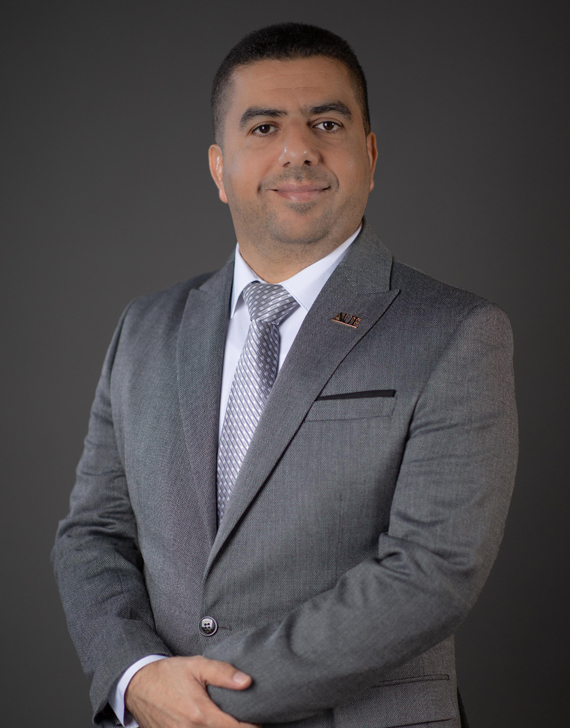
Dr. Azzam Hannon
Associate Professor / Department Chair of Accounting and Finance
Graduation Requirements
For graduate degree completion, graduate students must satisfy the following requirements:
- Earn a minimum CGPA of 2.00 on a scale of 4.00.
- Successfully complete all courses as described in the study plan.
- The Degree Completion requirements must be met within the timeframe of the program.
- Successfully complete the “Thesis” course.
Joining the Program
- Fall Semester
-
September
-
Spring Semester
- January
- Summer Semester
- May


